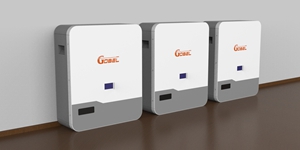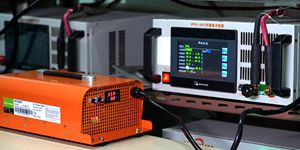The Peukert Exponent - A Crucial Factor in Lithium-Ion Batteries: Understanding the Impact on Lifepo4 Battery Performance
In the quest for efficient and reliable energy storage, the Lithium-Ion battery has become a cornerstone of modern technology. Among the array of Lithium-Ion battery chemistries, Lifepo4 batteries have emerged as a popular choice due to their high cyclic stability, long lifespan, and low self-discharge rate. However, the performance of these batteries is heavily influenced by the Peukert exponent, a critical factor that affects their overall capacity and cycle life.
The Peukert exponent is a mathematical constant that describes the relation between the capacity of a Lithium-Ion battery and its discharge time. Developed by German engineer Ulrich Peukert in the late 19th century, this coefficient accounts for the non-linear discharge characteristics of rechargeable batteries. In the case of Lifepo4 batteries, the Peukert exponent is typically in the range of 1.1 to 1.3, indicating a moderate non-linearity in their discharge behavior.
A higher Peukert exponent value indicates a more pronounced non-linearity in the battery's discharge characteristics, resulting in a reduced capacity and a shorter cycle life. On the other hand, a lower value indicates a more linear discharge behavior, resulting in improved performance and a longer lifespan. By understanding the Peukert exponent and its influence on Lifepo4 battery performance, manufacturers and users can optimize their designs and operating conditions to maximize the battery's capacity, efficiency, and overall lifespan.































